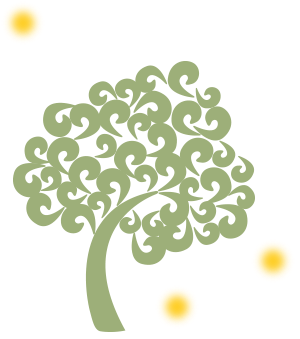
What is Cognitive Behavioural Therapy (CBT)?
Cognitive-behavioural therapy (CBT) is a focused, shorter-term type of psychotherapy. It helps people to develop healthy skills, tools, and strategies. CBT focuses on the problems of daily life. CBT helps people make sense of what is happening around them and how their core beliefs and perceptions affect the way they feel and behave.
CBT is based on a positive, shared therapeutic relationship between the therapist and the client.

What happens in CBT?
In CBT, clients learn to identify, question and change the thoughts and beliefs that result in the emotional and behavioural reactions that cause them difficulty. By paying attention to and recording thoughts during negative situations, people learn that how they think can lead to emotional problems such as depression and anxiety. CBT helps to reduce these emotional problems by teaching clients to identify distorted thinking and beliefs, see thoughts as mere ideas about what is going on rather than hard facts, and then consider different ways to think about situations that result in more positive outcomes.

Where is CBT used?
CBT has been the focus of many studies. Evidence suggests that it is very effective in treating anxiety and depression. CBT has also been shown to be effective in treating other specific problems such as:
• bipolar disorder
• eating disorders
• generalized anxiety disorder
• obsessive-compulsive disorder
• panic disorder
• posttraumatic stress disorder (PTSD)
• schizophrenia and psychosis
• specific phobias
• substance use disorders
• stress

